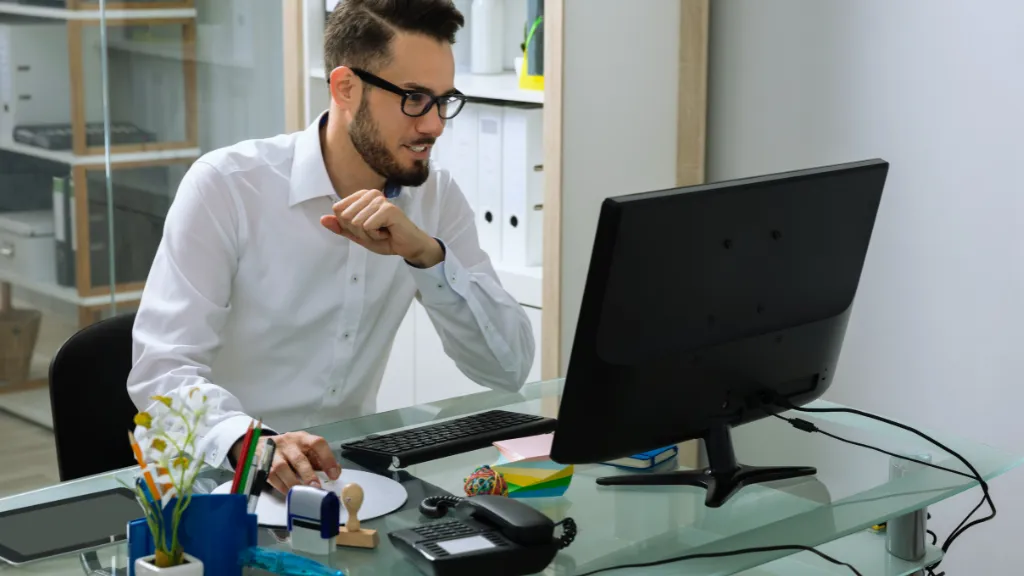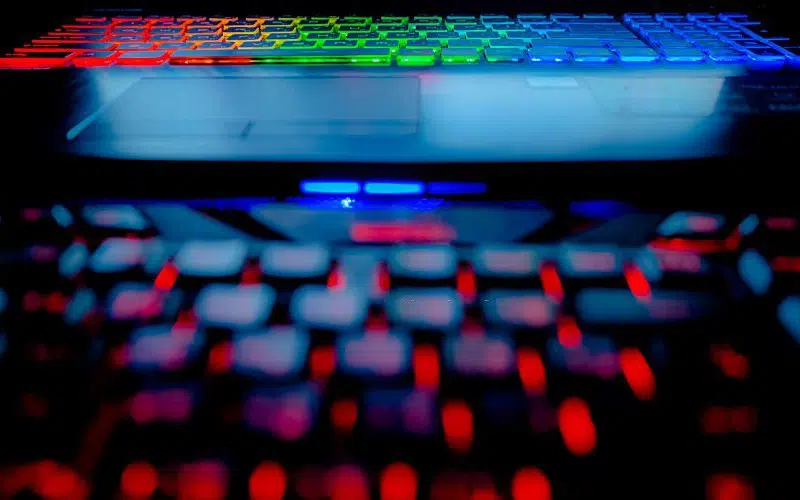Is your laptop constantly shutting down unexpectedly or only during specific tasks? Understanding the reasons behind these sudden shutdowns is crucial for resolving the issue. This guide explores 18 common causes of laptop shutdowns and provides effective solutions to keep your device running smoothly.
1. Corrupted Drivers
Problem: Random shutdowns may be caused by buggy, corrupt, or outdated drivers.
Solution: To ensure your drivers are current, visit the manufacturer’s website for your hardware components, typically the laptop manufacturer’s site. Download and install the latest drivers. If issues persist, consider returning to a previous driver version or contact customer service if your laptop is under warranty.
2. Scan for Viruses and Malware
Problem: Virus or malware infections can lead to unexpected laptop shutdowns.
Solution: Use reliable antivirus software to scan your laptop for infections. Remove any infected files immediately.
3. Maintain Proper Laptop Cooling
Problem: Overheating can trigger sudden shutdowns or restarts.
Solution: Keep your laptop in a cool, well-ventilated area, avoiding direct sunlight. Consider investing in a cooling pad to prevent overheating.
4. Check Your Battery Health
Problem: Poor battery health can impact laptop performance and lifespan.
Solution: Utilize tools like BatteryMon to assess your battery’s health. If necessary, replace the battery.
5. Keep Your Operating System Up to Date
Problem: Outdated operating systems can cause instability.
Solution: Regularly update your operating system, especially if using Windows 10. Microsoft releases monthly updates containing bug fixes and improvements.
6. Remove Unnecessary Programs and Files
Problem: Insufficient storage space can lead to unexpected shutdowns.
Solution: Free up hard drive space by uninstalling unnecessary programs and deleting files. Tools like CCleaner can assist in cleaning up your hard drive.
7. Disable Fast Startup
Problem: Windows 10’s fast startup feature may cause shutdown and restart issues.
Solution: Disable fast startup by navigating to Control Panel > Power Options > Choose what the power buttons do. Uncheck “Turn on fast startup (recommended)” and save changes.
8. Perform a Clean Boot
Problem: Persistent shutdown issues may require identifying problematic drivers or startup programs.
Solution: Conduct a clean boot to start Windows with minimal drivers and startup programs. This helps pinpoint the cause of shutdown or restart problems.
9. Update Your Drivers
Problem: Outdated drivers can contribute to laptop shutdowns.
Solution: Employ free driver update software to scan for outdated or missing drivers. Download and install any available updates.
10. Utilize System Restore
Problem: You can revert your system to a previous state if everything fails.
Solution: Access System Restore via Start > All Programs > Accessories > System Tools > System Restore. Follow the prompts to restore your laptop to an earlier date, undoing recent changes that may be causing issues.
11. Cleaning Your Laptop’s Cooling System
Problem: Dust accumulation in the cooling system can lead to overheating.
Solution: Use compressed air to remove dust from fan blades and vents. Ensure unobstructed airflow around your laptop.
12. Power Supply Issues
Problem: Faulty power adapters can cause shutdowns.
Solution: Test with a different power adapter to determine if it’s the source of the problem.
13. Overheating (Professional Assessment)
Problem: Persistent overheating may require professional intervention.
Solution: Consult a technician to assess and address overheating issues, which may be challenging to resolve independently.
14. Rogue Software
Problem: Rogue software can disrupt your laptop’s operation.
Solution: Run a scan with your antivirus software to detect and remove rogue programs causing shutdowns.
15. Faulty Motherboard
Problem: A malfunctioning motherboard can result in unexplained shutdowns.
Solution: If the motherboard is the issue, replacement is the only solution.
16. Loose Internal Components
Problem: Loose screws, connectors, faulty fans, or dust buildup can lead to shutdowns.
Solution: Have a technician investigate and repair internal component issues.
17. Faulty Memory
Problem: Unexpected shutdowns may be caused by a faulty memory module.
Solution: Try replacing the memory module to resolve the issue.
18. Corrupted Software
Problem: Corrupted software can trigger unexpected shutdowns.
Solution: Use System Restore or a similar tool to restore your laptop to a previous state if software corruption is suspected.
By addressing these common issues, you can troubleshoot and resolve the recurring problem of your laptop shutting down unexpectedly, ensuring a smoother and more reliable computing experience.
Conclusion
Your laptop’s tendency to shut down unexpectedly can stem from various causes, from software issues to hardware malfunctions. By identifying and addressing these common culprits, you can restore your laptop to its optimal performance and enjoy a more stable computing experience.
Regularly updating drivers, maintaining a clean and secure system, and ensuring proper cooling are fundamental steps to prevent sudden shutdowns. If software-related problems persist, utilizing System Restore or clean boot procedures can help resolve issues stemming from corrupted software or problematic drivers.
However, for more complex issues such as overheating, power supply problems, or faulty hardware components like the motherboard or memory, seeking professional assistance may be necessary to diagnose and rectify the situation effectively.
Armed with the knowledge of these potential issues and their solutions, you can take proactive steps to address laptop shutdowns, ensuring that your device functions reliably and efficiently for all your computing needs.






